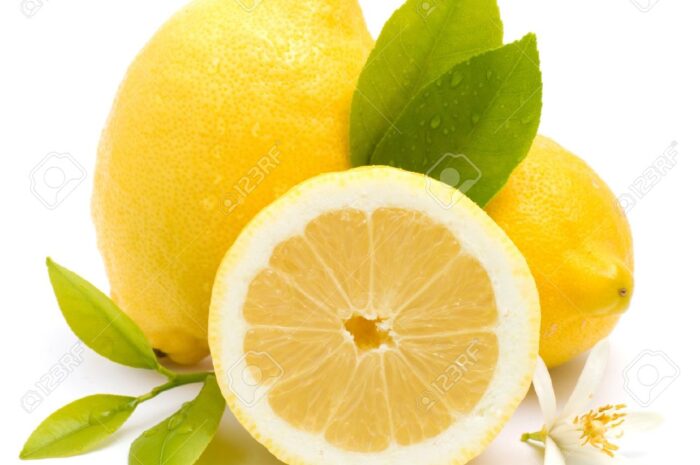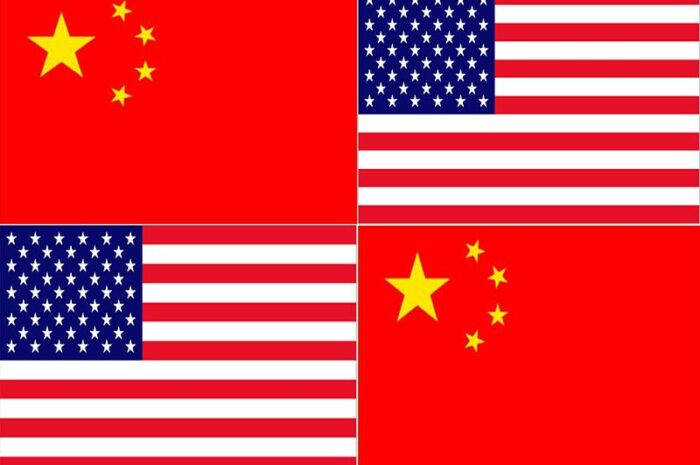Project will take advantage of seasonal difference to grow high-end products for export
TOKYO — Japan and Australia will start as early as April a joint project to harvest high-end fruit all year round, taking advantage of two countries’ seasonal differences.
The two countries will contribute farmland, personnel and technology for the project, which is also aimed at encouraging businesses to participate in the unique farming structure.
The two governments mean to develop new markets for luxury produce, which will be targeted at wealthy consumers in China and Southeast Asia.
Japanese Prime Minister Shinzo Abe and his Australian counterpart Scott Morrison agreed on a plan to proceed with building a cooperative structure at a summit in November 2018. The two leaders “recognized the potential for the two countries to boost agricultural exports into international markets through cooperation on bilateral counter-seasonal production,” according to a joint statement released after the meeting.
The deal will enable Japanese farmers, who usually grow fruit in summer and fall, to also grow them in Australia when Japan is in winter, allowing them to harvest in all seasons. As the two countries have little time difference, farmers in one can monitor farms in the other in real time using video and provide instructions to staff on site.
The project will start in the northeastern Australian town of Ayr, where melons will be grown on a farm to be set up using land and greenhouses provided by the Australian side.
Japan will dispatch private-sector farmers from rural areas, including Fukuoka Prefecture, to the farm to provide necessary technological assistance and train local staff on farming the fruit.
The farmers will try Japanese farming techniques on an Australian melon variety and see if they can achieve the required quality and sugar content.
The project will seek to set up farms in other areas of the northeastern state of Queensland, where Ayr is located. They will also grow Japanese persimmons and strawberries.
By leading the project, the two countries aim to lay the groundwork for the year-round production scheme to encourage private-sector businesses to enter the unique farming scheme.
The first crop of fruit will be sent for quality inspections in Singapore and Thailand to see if they are viable for sale.
The two countries’ interests could collide in rice, beef and dairy production, possibly spurring complaints from farmers on both sides. Therefore, they decided to cooperate in luxury fruit because there should be less overlap.
The cooperation could also attract new demand, including for the gift market. In 2017, Japan exported nearly 40,000 tons of fruit overseas, worth about 20 billion yen ($184 million). The total export volume and value have jumped 160% and 250%, respectively, over the past five years.
As the economies grow, high-income groups are increasing in China and ASEAN countries. With the luxury fruit market expanding, Ginza Sembikiya and other fruit distributors can expect more profit by selling luxury fruit year-round.
Japan and Australia are cooperating in more than luxury fruit. The two countries are jointly conducting a large shrimp farming project in the Northern Territory. In March 2017, Japan signed a memorandum with the government of Queensland to develop a new variety of soybeans starting in April 2018.
The northern part of the country is less populated and developed. The Australian government hopes Japan’s technical cooperation will boost development in the area, which includes a third of the country’s land.
Source: https://asia.nikkei.com
Author: SAKI HAYASHI
Related News & Updates
Become a Member
Join AHT
We’re the peak industry body for Australian Horticulture Trade. Joining AHT helps us advocate for you & the greater good of the industry.
Benefits OF joining
- Representing you, monitoring developments and potential threats to imports & exports
- We work on your behalf on solutions & opportunities to facilitate and maintain trade
- Be kept up to date with important issues affecting horticultural imports & exports


